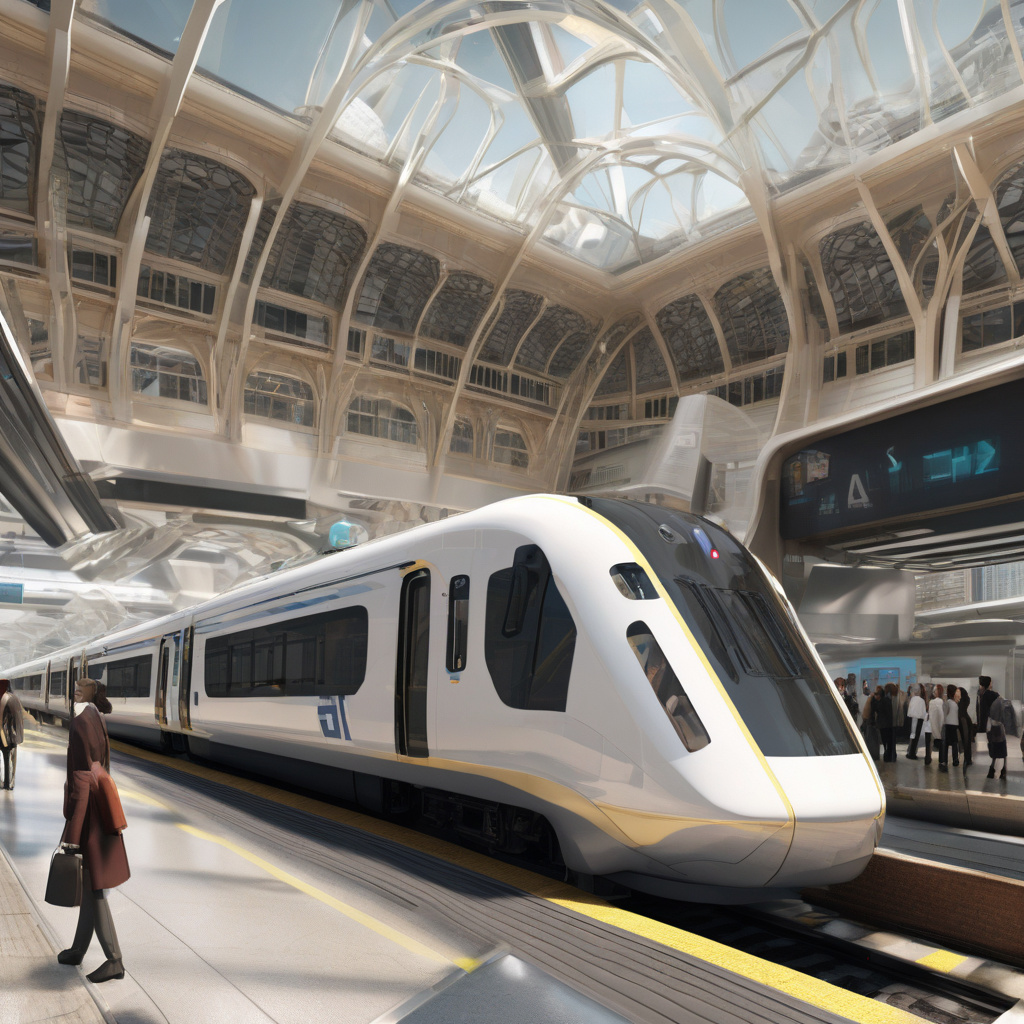OpenAI, a prominent player in the AI landscape, has found itself in the midst of another heated debate surrounding AI model switching within ChatGPT. The uproar stems from paying users who are dismayed by being redirected from their preferred model when conversation topics shift. This controversy highlights the delicate balance between user preferences and algorithmic decisions in AI applications.
The issue of model switching in ChatGPT underscores the importance of transparency and user control in AI systems, especially when it comes to personalization and customization. Users invest trust and resources into these tools, expecting a seamless experience that aligns with their needs. When AI models switch without warning or consent, it can lead to frustration and dissatisfaction among users who rely on these technologies for various purposes.
As AI continues to permeate our daily lives, from virtual assistants to predictive algorithms, the ethical implications of automated decision-making become increasingly significant. OpenAI’s situation serves as a cautionary tale, reminding developers and organizations alike of the responsibility that comes with deploying AI systems that directly impact users.
On a separate note, GPS technology has been leveraged in an innovative way to streamline processes in the transportation sector. By utilizing GPS for automatic train journey charging, passengers can experience a frictionless payment process that eliminates the need for manual ticket purchases or validations. This not only enhances convenience for commuters but also improves operational efficiency for transport providers.
The integration of GPS for automated fare collection demonstrates the transformative power of technology in simplifying everyday tasks and enhancing user experiences. By harnessing location data and digital payment systems, the transportation industry can unlock new possibilities for seamless travel and optimized service delivery. This convergence of GPS technology and payment processing represents a significant step towards a more connected and efficient public transportation network.
In conclusion, the controversies surrounding AI model switching in ChatGPT shed light on the complexities of algorithmic decision-making and user experience in AI applications. Simultaneously, the utilization of GPS for automatic train journey charging showcases the practical benefits of integrating technology to streamline processes and enhance customer convenience. As technology continues to evolve, it is essential for developers, organizations, and users to navigate these advancements thoughtfully, considering both the opportunities and challenges they present in our increasingly digital world.

